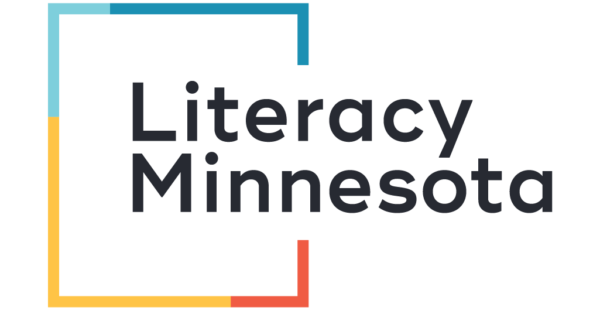Resources
Results
Teaching Grammar in Context Using Authentic Resources
Notice and Wonder about Data: Using Slow Reveal Graphs
Math Practices in the Virtual Classroom
Building Academic Vocabulary Knowledge with Semantic Maps
Finding Academic Vocabulary in a Text
Making Sense of a Standard
Visible Thinking
Teaching Grammar to Adult English Language Learners: Focus on Form
Teaching Language Through Content: CAL Resource Guides Online
Supporting ELLs in PBL Projects
Project-Based Learning: Buck Institute for Education
Looking at the Bigger Picture: 7 Tips for Using Project Based Learning in the ESL Classroom
Incorporating Goal-Setting in Adult ESL Classrooms
Learner Goal-Setting
LINCS ESL Pro Module 3: Preparing English Learners for Work and Career Pathways
3 Tips to Make Any Lesson More Culturally Responsive
New Resources
Tapping into Diverse Perspectives and Teaching Materials
Being a Warm Demander
Discovering Learners’ Funds of Knowledge
Presenter Information
Get information about stipends, reimbursements, and other instructions for presenters.
MN ABE YouTube Channel
The MN ABE YouTube Channel is a free online PD resource that you can use to explore teaching techniques and classroom ideas in action! Find out more in this MN ABE Connect newsletter article.
Upcoming ABE Events
Racial Equity 101 Presented by Jimmie Heags
Registration Deadline: TUE. 8/6/24 Join presenter Jimmie Heags, Jr., MA, LSC, LPCC, LADC, ACS, for this session that exposes how race is defined and how racism impacts individuals and institutions. The session will provide learners with a framework for understanding and disrupting the attitudes and structures that perpetuate… Learn More
Volunteer Core Training Module 1: Overview of Minnesota Adult Education and Program Accountability
Registration Deadline: TUE. 8/6/24 Participants learn about Adult Basic Education programming in Minnesota, demographics of learners, instructional content standards as well as initial and on-going assessment. This session wraps up with learner motivations, barriers and persistence. Learn More
Volunteer Core Training Module 2: Understanding Adult Learners
Registration Deadline: TUE. 8/13/24 Participants develop their personal cultural awareness and learn how expectations around school culture shape how people teach and learn. Guiding principles for effectively delivering instruction to adults are also covered. Finally, participants increase their sensitivity to the challenges of learning English and developing literacy… Learn More
